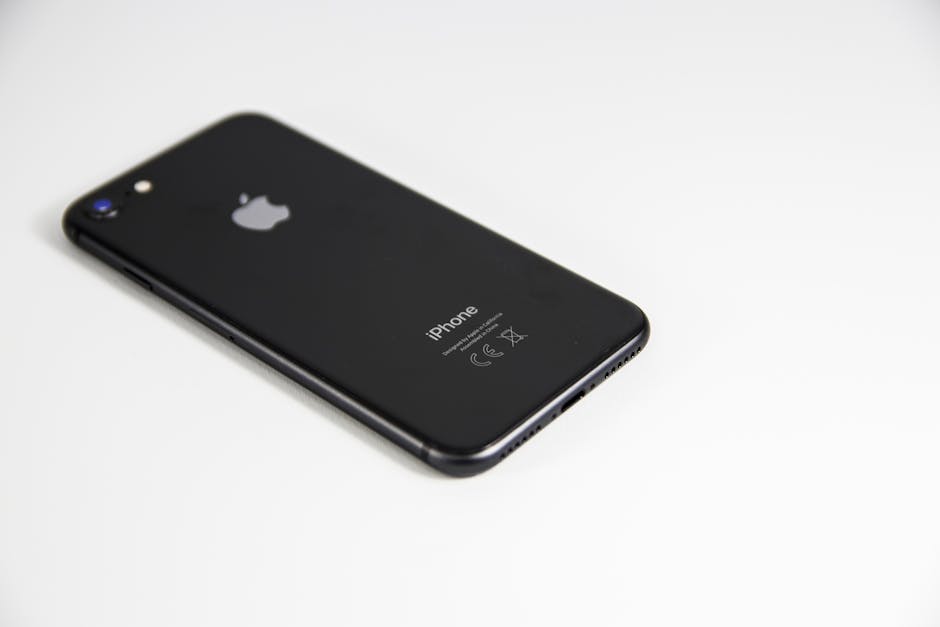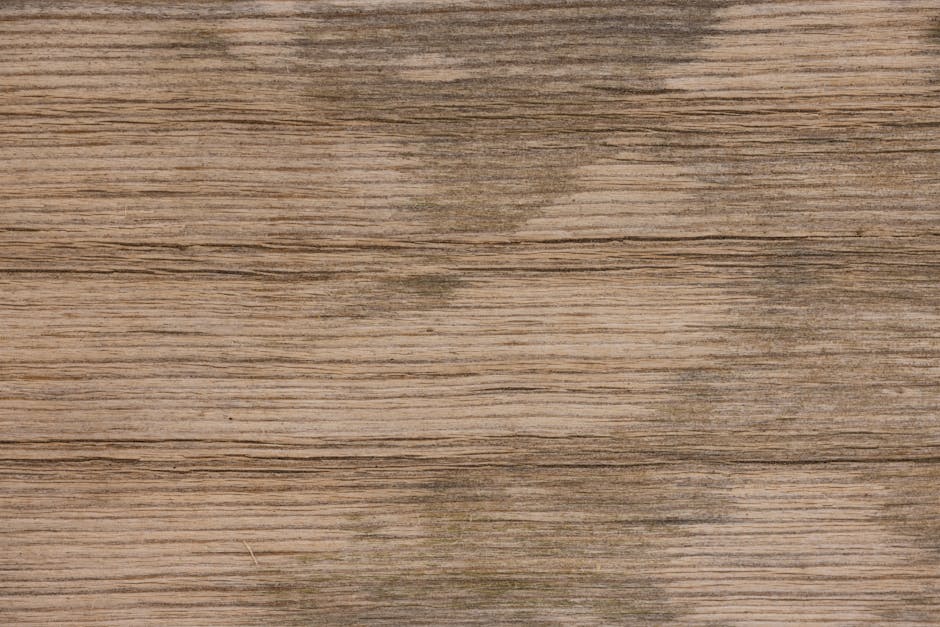Understanding how long does it take to recover from gallbladder surgery is crucial for planning your life after the procedure and managing expectations for a smooth recovery. Gallbladder surgery, also known as a cholecystectomy, is a common procedure, and the recovery timeline can vary based on several factors.
The recovery period is influenced by the surgical method used, individual health conditions, and adherence to post-operative care instructions. We’ll explore these factors in detail to provide a comprehensive overview of what to expect during your recovery.
Understanding Gallbladder Surgery and Recovery Time
The gallbladder is a small organ that stores bile, a fluid produced by the liver that helps digest fats. When gallstones or other gallbladder issues arise, surgery to remove the gallbladder might be necessary. There are two primary methods for gallbladder removal: laparoscopic cholecystectomy and open cholecystectomy.
Laparoscopic cholecystectomy is the more common and less invasive approach. It involves making several small incisions in the abdomen through which a camera and surgical instruments are inserted. Open cholecystectomy, on the other hand, requires a larger incision.
Laparoscopic Gallbladder Surgery Recovery
Laparoscopic surgery typically results in a faster recovery. Most patients can go home the same day or the next day after the procedure. Initial discomfort, such as pain at the incision sites and gas pains, is common. These symptoms are usually managed with pain medication and gradually subside within a few days.
Most people can resume light activities within a week and return to work within one to three weeks, depending on the nature of their job. Strenuous activities and heavy lifting should be avoided for at least four to six weeks to allow the abdominal muscles to heal properly.
Open Gallbladder Surgery Recovery
Open cholecystectomy involves a larger incision, leading to a longer and more involved recovery process. Hospital stays are typically longer, ranging from two to five days. Pain management is crucial during this period.
The recovery at home is also more extended. It takes several weeks to months to fully recover. Restrictions on activities, especially strenuous ones, are more prolonged. Most individuals need four to six weeks before returning to work, and complete recovery may take up to eight weeks or more.
Factors Affecting Gallbladder Surgery Recovery Time
Several factors can influence how long it takes to fully recover following gallbladder surgery. These include:
Surgical Technique: As mentioned earlier, laparoscopic surgery generally leads to a faster recovery than open surgery. Overall Health: Pre-existing health conditions like diabetes, heart disease, or obesity can slow down the healing process. Age: Older adults may experience a slightly longer recovery period compared to younger individuals. Complications: Any complications during or after surgery, such as infection or bleeding, can prolong recovery. Pain Management: Effective pain management is crucial for a comfortable recovery. Adherence to Post-Operative Instructions: Following your surgeon’s instructions regarding diet, activity restrictions, and wound care is essential for a smooth recovery. Individual Healing Rates: Everyone heals at their own pace. Some individuals naturally recover faster than others. Dietary Changes: The body needs time to adjust to digesting fats without a gallbladder.
What to Expect During Gallbladder Removal Recovery
During the recovery period, several physical and emotional changes are normal. Understanding these changes can help you prepare and manage your recovery effectively.
Pain and Discomfort: Pain at the incision sites is common, especially in the first few days. Your doctor will prescribe pain medication to help manage this. Gas and Bloating: Gas pains and bloating are frequent side effects, especially after laparoscopic surgery. Walking around and gentle movement can help relieve these symptoms. Nausea and Vomiting: Some individuals experience nausea and vomiting after surgery. Anti-nausea medication can help. Diarrhea: Changes in bowel habits, such as diarrhea, are common as your body adjusts to digesting fats without a gallbladder. Fatigue: Feeling tired and fatigued is normal in the initial days after surgery. Rest and adequate sleep are essential for recovery. Emotional Changes: Some people experience emotional changes, such as mood swings or anxiety, after surgery. These are usually temporary and resolve over time.
Tips for a Faster Recovery After Gallbladder Surgery
While individual recovery timelines vary, there are several steps you can take to promote healing and accelerate your recovery after gallbladder surgery.
Follow Your Doctor’s Instructions: Adhere to all post-operative instructions provided by your surgeon, including medication schedules, wound care, and activity restrictions. Manage Pain Effectively: Take pain medication as prescribed to manage pain and discomfort. Eat a Healthy Diet: Follow a low-fat diet to minimize digestive issues. Gradually reintroduce foods as tolerated. Stay Hydrated: Drink plenty of fluids to stay hydrated and prevent constipation. Get Plenty of Rest: Rest and sleep are crucial for healing. Avoid overexertion and allow your body to recover. Gentle Exercise: Engage in gentle activities like walking to improve circulation and prevent blood clots. Wound Care: Keep the incision sites clean and dry to prevent infection. Follow your surgeon’s instructions for wound care. Attend Follow-Up Appointments: Attend all scheduled follow-up appointments with your surgeon to monitor your recovery progress. Avoid Heavy Lifting: Refrain from heavy lifting or strenuous activities for the recommended period. Listen to Your Body: Pay attention to your body’s signals and avoid pushing yourself too hard.
Managing Diet After Gallbladder Removal
One of the most significant lifestyle adjustments after gallbladder surgery involves dietary changes. Since the gallbladder is no longer present to store and release bile, your body may have difficulty digesting fats, at least initially.
Low-Fat Diet: Start with a low-fat diet to minimize digestive issues like diarrhea and bloating. Small, Frequent Meals: Eat small, frequent meals throughout the day rather than large meals. Avoid Processed Foods: Limit processed foods, sugary drinks, and fried foods. Increase Fiber Intake: Gradually increase your fiber intake to promote healthy bowel movements. Introduce Foods Slowly: Gradually reintroduce foods as tolerated, paying attention to any symptoms. Stay Hydrated: Drink plenty of water to aid digestion. Consult a Dietitian: Consider consulting a registered dietitian for personalized dietary guidance.
When to Seek Medical Attention After Gallbladder Surgery
While some discomfort is expected after gallbladder surgery, certain symptoms warrant immediate medical attention. Contact your doctor if you experience any of the following:
Persistent or Worsening Pain: Pain that is not controlled by medication or that worsens over time. Fever: A fever of 101°F (38.3°C) or higher. Chills: Shaking chills. Redness, Swelling, or Drainage at the Incision Site: Signs of infection at the incision sites. Yellowing of the Skin or Eyes (Jaundice): This could indicate a bile duct problem. Severe Nausea or Vomiting: Persistent nausea or vomiting that prevents you from keeping down fluids. Abdominal Swelling or Distension: Significant abdominal swelling or distension. Difficulty Breathing: Shortness of breath or difficulty breathing. Blood Clots: Signs of blood clots in the legs, such as swelling, pain, or redness.
Additional Sources and References
- Wikipedia – how long does it take to recover from gallbladder surgery
- Learn more about how long does it take to recover from gallbladder surgery
Long-Term Outlook After Gallbladder Surgery
The long-term outlook after gallbladder surgery is generally excellent. Most people experience significant relief from their symptoms and can lead normal, healthy lives. While some individuals may continue to experience mild digestive issues, such as occasional diarrhea or bloating, these symptoms are usually manageable with dietary modifications.
It’s essential to maintain a healthy lifestyle, including a balanced diet, regular exercise, and adequate sleep, to support overall health and well-being after gallbladder surgery. The body adjusts over time to the absence of the gallbladder.
Following up with your healthcare provider for routine check-ups can help monitor your health and address any concerns that may arise.
In conclusion, determining exactly how long it takes to recover from gallbladder surgery depends on various individual factors. By understanding the different aspects of recovery, following your doctor’s instructions, and adopting a healthy lifestyle, you can optimize your healing process and achieve a positive long-term outcome. If you have any concerns about your recovery, do not hesitate to contact your healthcare provider. Consider discussing your recovery plan with a physical therapist to ensure a safe return to activity. For more information, visit .






